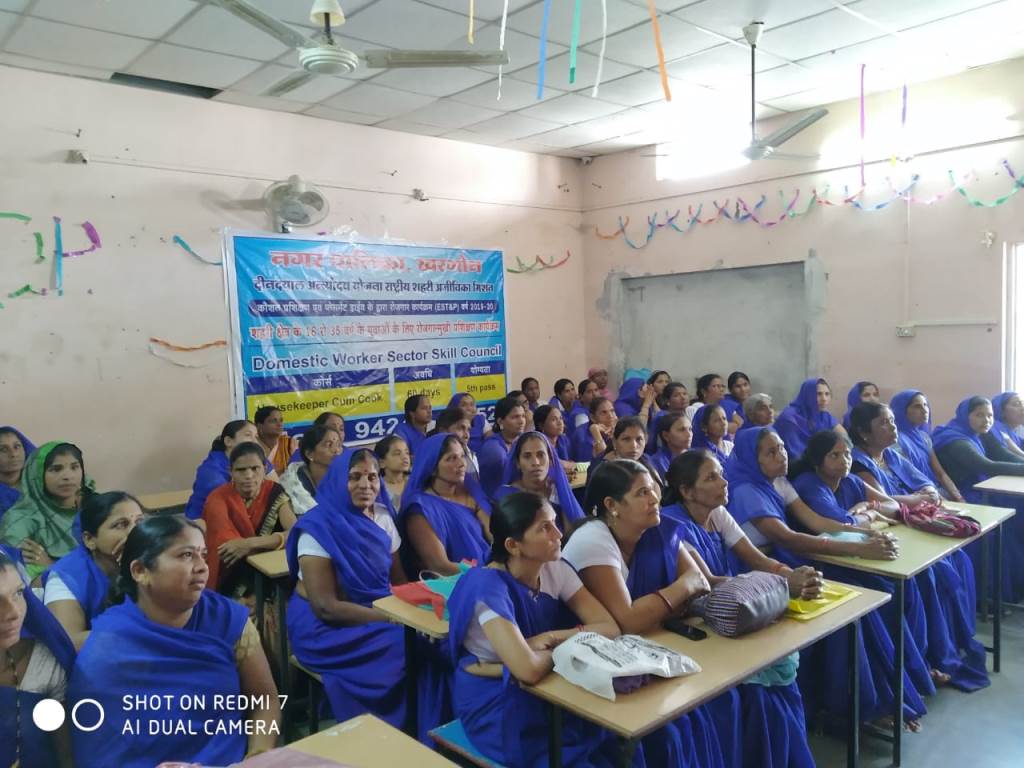National Apprenticeship Promotional Scheme (NAPS)
National Apprenticeship Promotional Scheme (NAPS)
Apprenticeship Training is a course of training in any industry or establishment, undergone in pursuance of a contract of apprenticeship between employer and apprentices and under prescribed terms and conditions. It is one of the most efficient ways to develop skilled manpower for industry by using on the job training facilities available in the establishments without a burden to set up infrastructure. National Apprenticeship Promotion Scheme (NAPS) is a new scheme of Government of India to provide financial support to establishments undertaking the apprenticeship training. It was launched on 19th August 2016.
All establishments having a workforce (regular and contract employees) of 30 or more are mandated to undertake Apprenticeship Programs in a range from 2.5% -15% of its workforce (including contractual employees) every year. For establishments having a workforce between 4-29 this is optional. Establishments that have a workforce of 3 or less are not permitted to engage apprentices.
Components of Apprenticeship
Basic Training
 Basic training is an essential component which consists of job role related theoretical and practical/lab instructions of the Apprenticeship Programme syllabi. It is imparted to the fresher apprentices for acquiring a reasonable ability to handle Equipment independently prior to being moved to Shop Floor/Work Area for practical training
Basic training is an essential component which consists of job role related theoretical and practical/lab instructions of the Apprenticeship Programme syllabi. It is imparted to the fresher apprentices for acquiring a reasonable ability to handle Equipment independently prior to being moved to Shop Floor/Work Area for practical training On-Job Training (OJT)
 On-the-Job training is the practical training imparted at the workplace premises of an establishment where an apprentice is engaged in the shop floor training & gains practical knowledge.
On-the-Job training is the practical training imparted at the workplace premises of an establishment where an apprentice is engaged in the shop floor training & gains practical knowledge. Schemes Head

- Establishments gets 25% of prescribed stipend subject to a maximum of Rs. 1500/- per month per apprentice
- Establishments can avail benefits up-to 7500/- per apprentices for fresher candidates for Training them theory component in house as BTP.
- No ESI or PF obligations on the establishments for engaging Apprentices.
- No class room training required for the candidates who have completed their job role in basic education.
- Reduced attrition rate as the staff is Trained on relevant job roles.

